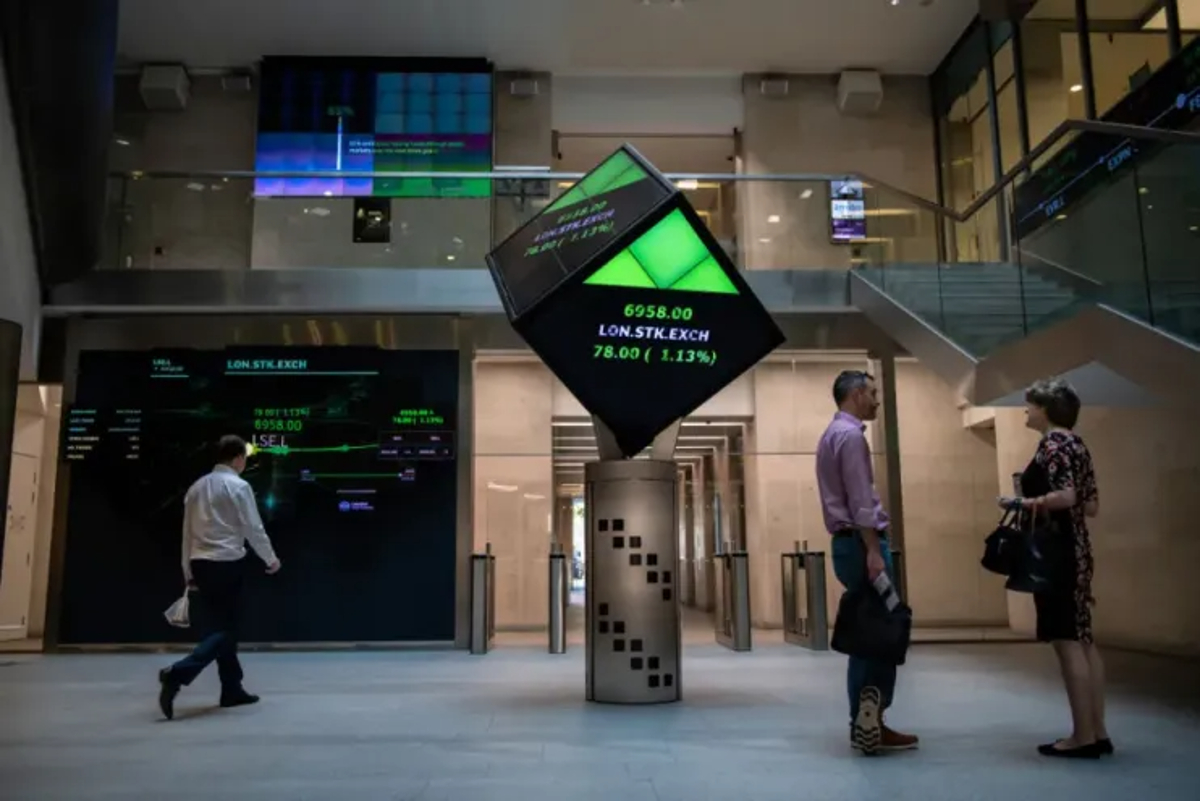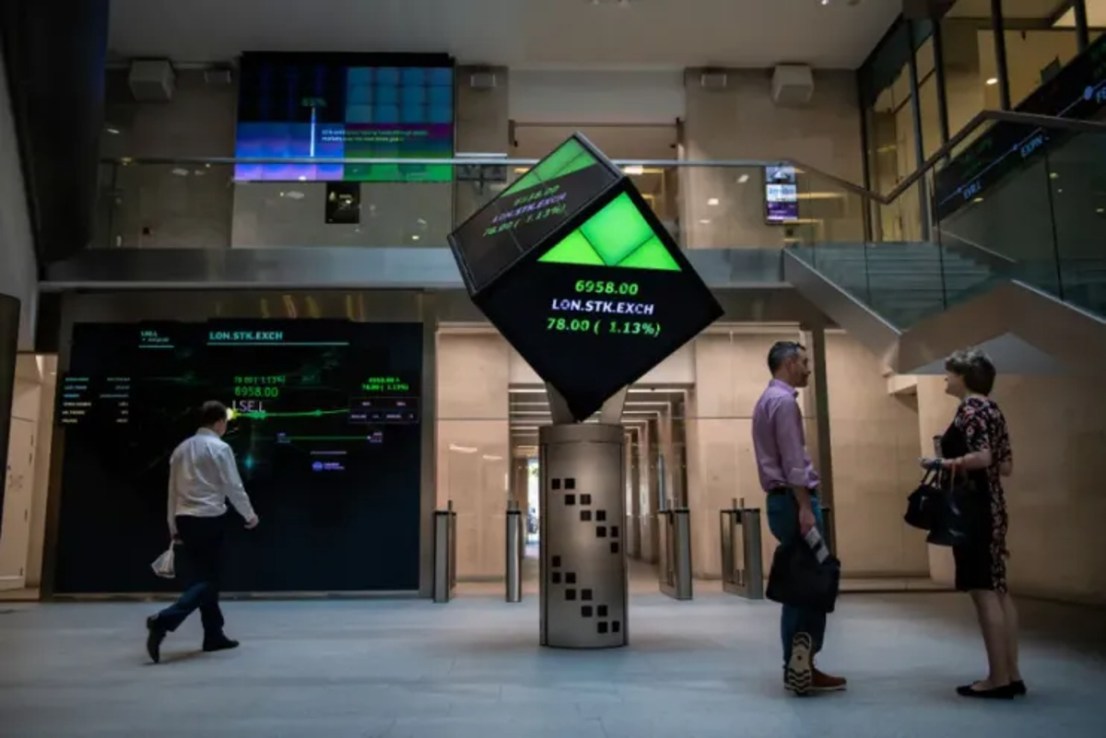London might be behind on IPOs… But there is one bright spot
We all know the London Stock Exchange is doing badly on IPOs, but follow-ons represent a bright spot in the market.


We all know the London Stock Exchange is in a state. There have been only four floats this year, and valuations are at decade lows.
This problem has been long over-analysed, so let’s not get too much into the malaise the UK is currently facing other than to show you the frankly shocking numbers.
But… there is one bright spot in the London market: Follow-on offerings.
Follow-ons are when companies issue new shares after their IPO, kind of like the opposite of a share buyback (which weirdly, UK companies are doing a lot more too).
These are slowly on the rise, with volumes creeping back towards London’s pre-pandemic levels.
Those shares are being bought up too. As institutional investors have excess cash due to the large volume of take outs, they’re starting to become more willing to redeploy it.
Julian Morse, co-CEO of investment bank and wealth manager Cavendish, explained: “Secondary raises and sell downs have continued apace alike, particularly as founder shareholders are able to reduce their stakes once the company has built up a quoted track record.”
When summing together cash raised from both IPOs and follow-ons this year so far, the UK is sitting at a respectable $12.2bn (£9.6bn), coming closer to the pre-pandemic numbers that we’re hoping for.
This also does not include Great Portland Estate’s plans to raise £350m through new shares or National Grid’s £6.8bn share issuance, both set to begin on 12 June, which will bring the 2024 total even higher.
Secondly, it is important to remember that as bad as our market may seem, the rest of the world (except the US) isn’t fairing much better.
The UK is actually leading the charge on volume and number of follow-ons compared to European counterparts, as well as the number of IPOs, even if that lead is four.
When summing up the money raised from both follow-ons and floats, London is still ahead this year at $12.2bn (£9.6bn), compared to $4.3bn (£3.4bn) in France and $4.7bn (£3.7bn) in Germany.
“Whilst the IPO market has been subdued, the demand is now there. There is always a lag between secondaries and IPOs, but I expect a strong IPO market in the second half of this year,” added Morse.
For example, the London market was elated this week when a new £500m trust float was unveiled, which would see Special Opportunities REIT making the largest IPO of the year next month.
Either way, maybe we shouldn’t all be so doom and gloom.


